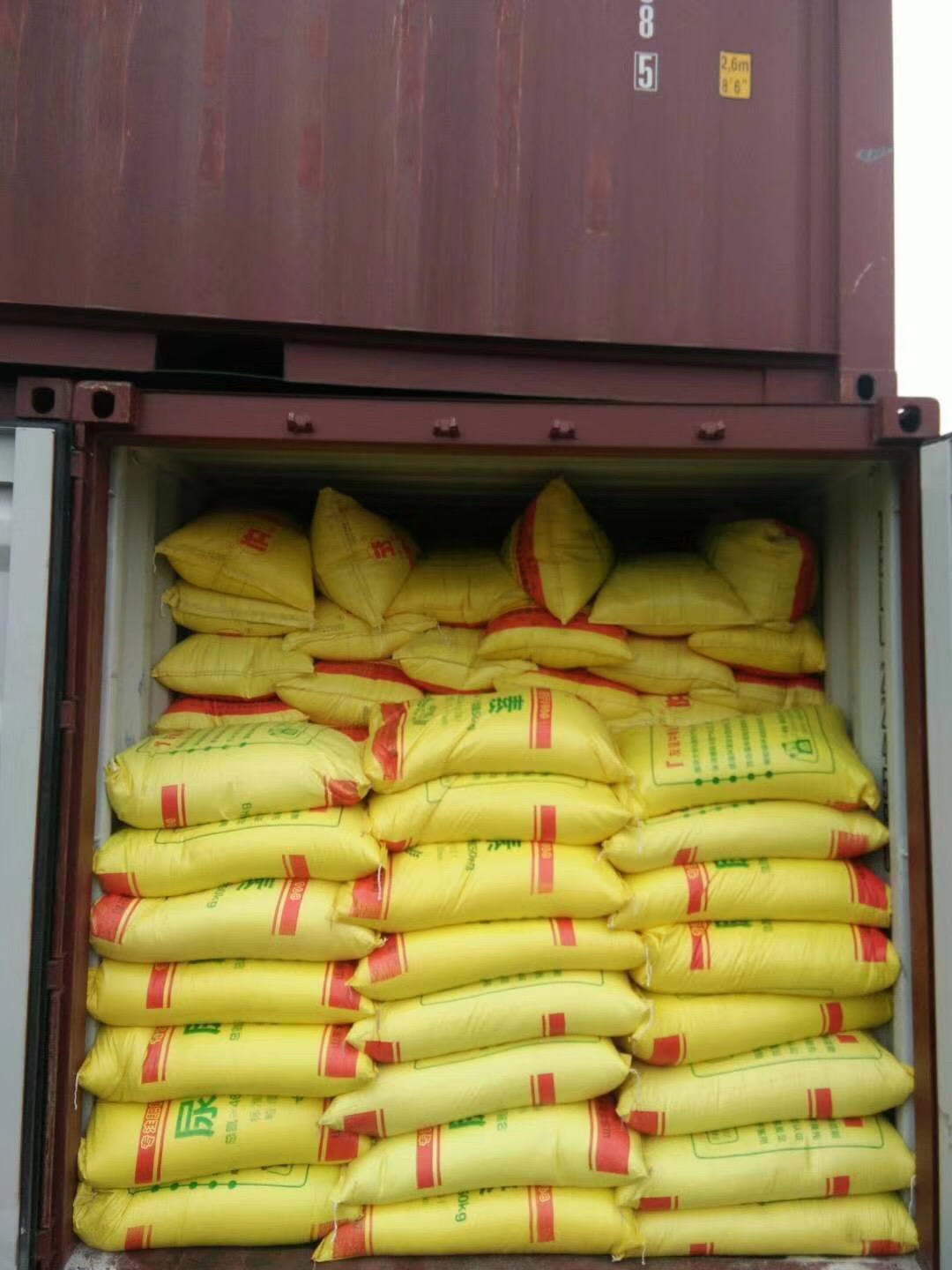
Nov . 15, 2024 11:07 Back to list
6-24-6 fertilizer factory
The Significance of 6-24-6 Fertilizer Factories in Modern Agriculture
In the realm of agriculture, the critical need for efficient and effective fertilization methods has led to the development of various fertilizer formulations. One of the most widely used formulations is the 6-24-6 fertilizer, which plays a pivotal role in enhancing crop yields and ensuring soil health. This article delves into the importance of 6-24-6 fertilizer factories, their production processes, benefits, and overall significance in modern farming practices.
Understanding 6-24-6 Fertilizer
To comprehend the role of 6-24-6 fertilizer in agriculture, it's essential first to understand what this nomenclature means. The numbers represent the percentage of three primary nutrients nitrogen (N), phosphorus (P), and potassium (K). Specifically, a 6-24-6 fertilizer contains 6% nitrogen, 24% phosphorus, and 6% potassium.
Nitrogen is crucial for plant growth, as it contributes to the synthesis of amino acids and proteins. Phosphorus, represented by the high second number in this formulation, is vital for energy transfer within plants and is essential for root development and flowering. Lastly, potassium plays a key role in regulating various physiological processes, enhancing plant resilience against diseases and adverse weather conditions.
The Production Process of 6-24-6 Fertilizer
Fertilizer factories that produce 6-24-6 formulations follow stringent processes to ensure the quality and effectiveness of their products. The production typically involves sourcing high-quality raw materials, including various chemical compounds that deliver the necessary nutrients.
1. Raw Material Procurement Factories begin by sourcing essential components like ammonium nitrate for nitrogen, phosphate rock or processed phosphorus, and potassium chloride for potassium.
2. Mixing The raw materials are carefully mixed in precise proportions to achieve the desired nutrient content. This stage is critical, as even slight variations can lead to significant changes in fertilizer effectiveness.
6-24-6 fertilizer factory

3. Granulation The mixed materials undergo granulation, which transforms the powder into granules. This process improves the handling and application of the fertilizer, ensuring it can be easily spread across fields.
4. Quality Control Throughout the production process, various quality control measures are implemented. These include testing for nutrient content, granule size, and solubility, ensuring that the final product meets agricultural standards and is safe for use.
5. Packaging Once the fertilizer passes quality checks, it is packaged for distribution. Proper packaging is essential to prevent moisture absorption and ensure the longevity of the product.
Benefits of 6-24-6 Fertilizer
The use of 6-24-6 fertilizer provides numerous advantages to farmers and the agricultural industry as a whole. One of the primary benefits is that it supports robust root development, which is critical for nutrient uptake and overall plant health. The high phosphorus content ensures that crops like vegetables, flowers, and certain grains thrive, producing higher yields and better-quality produce.
Moreover, the balanced nutrient composition caters to various growth stages, making it suitable for a range of crops. Whether applied during the planting phase or as a side-dressing during growth stages, 6-24-6 fertilizer helps optimize the nutritional profile of plants.
Additionally, the efficient fertilizer production processes in specialized factories ensure that farmers have access to high-quality products at competitive prices, aiding in their economic success.
Conclusion
In conclusion, 6-24-6 fertilizer factories play a critical role in the agricultural landscape by delivering essential nutrients required for crop growth and soil health. The meticulous production processes, combined with the formulation's nutrient balance, provide farmers with tools to boost productivity and sustainability. As the global population continues to rise and food demand increases, the importance of such specialized fertilizer production will only become more significant, reinforcing the need for innovation and efficiency in agricultural practices worldwide.
-
Organic 10-10-10 Fertilizer: Balanced NPK for Healthy Plants
NewsAug.27,2025
-
10 10 10 Organic Fertilizer: Balanced NPK for Healthy Plants
NewsAug.26,2025
-
Organic 10-10-10 Fertilizer: Balanced NPK for Healthy Plants
NewsAug.25,2025
-
Premium 15-30-15 Granular Fertilizer for Vigorous Growth
NewsAug.24,2025
-
Organic Amino Acid Fertilizer for Plants | Boost Growth & Yield
NewsAug.23,2025
-
Calcium Ammonium Nitrate (CAN) White Granular Agriculture Fertilizer
NewsAug.22,2025
